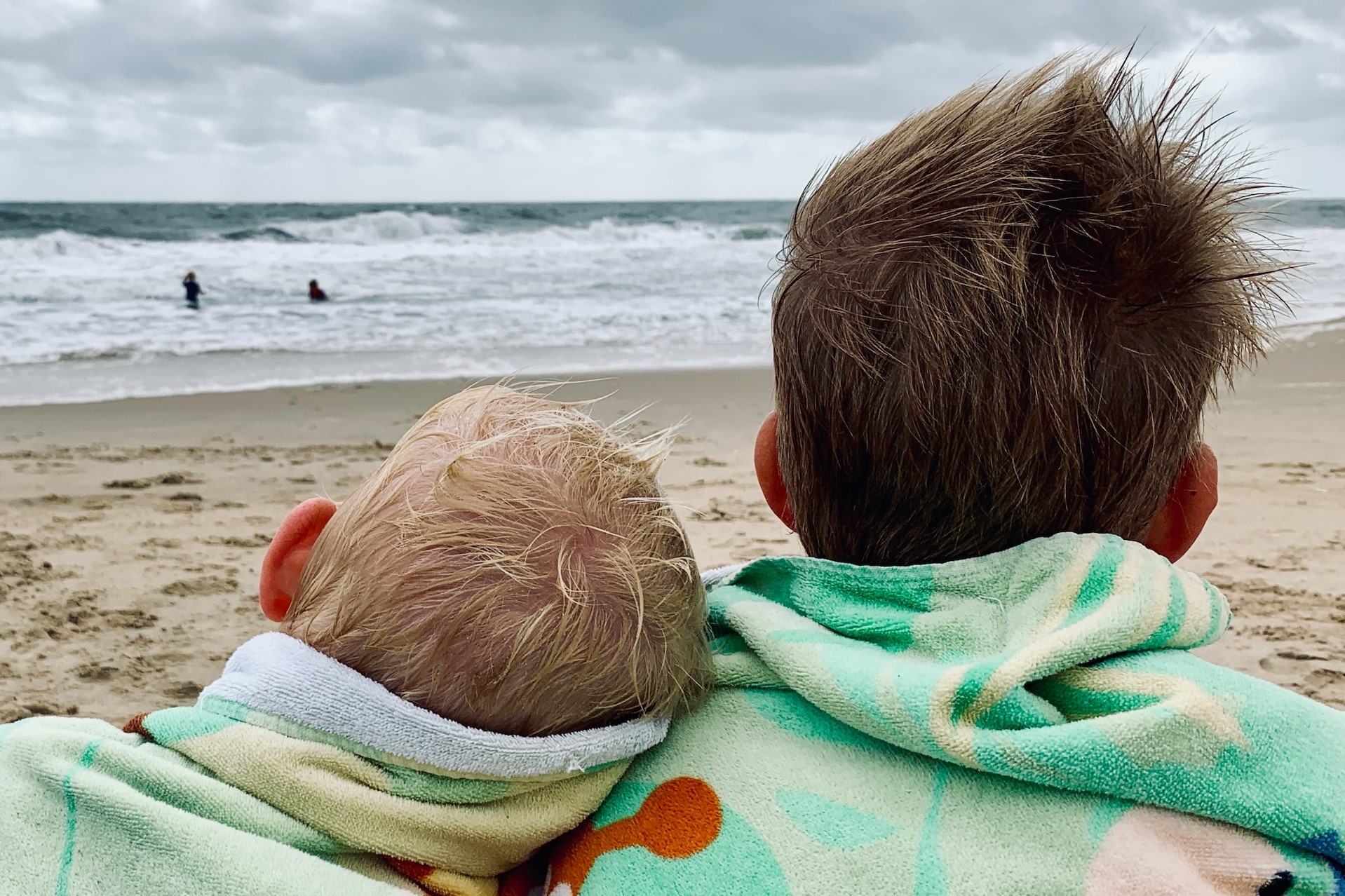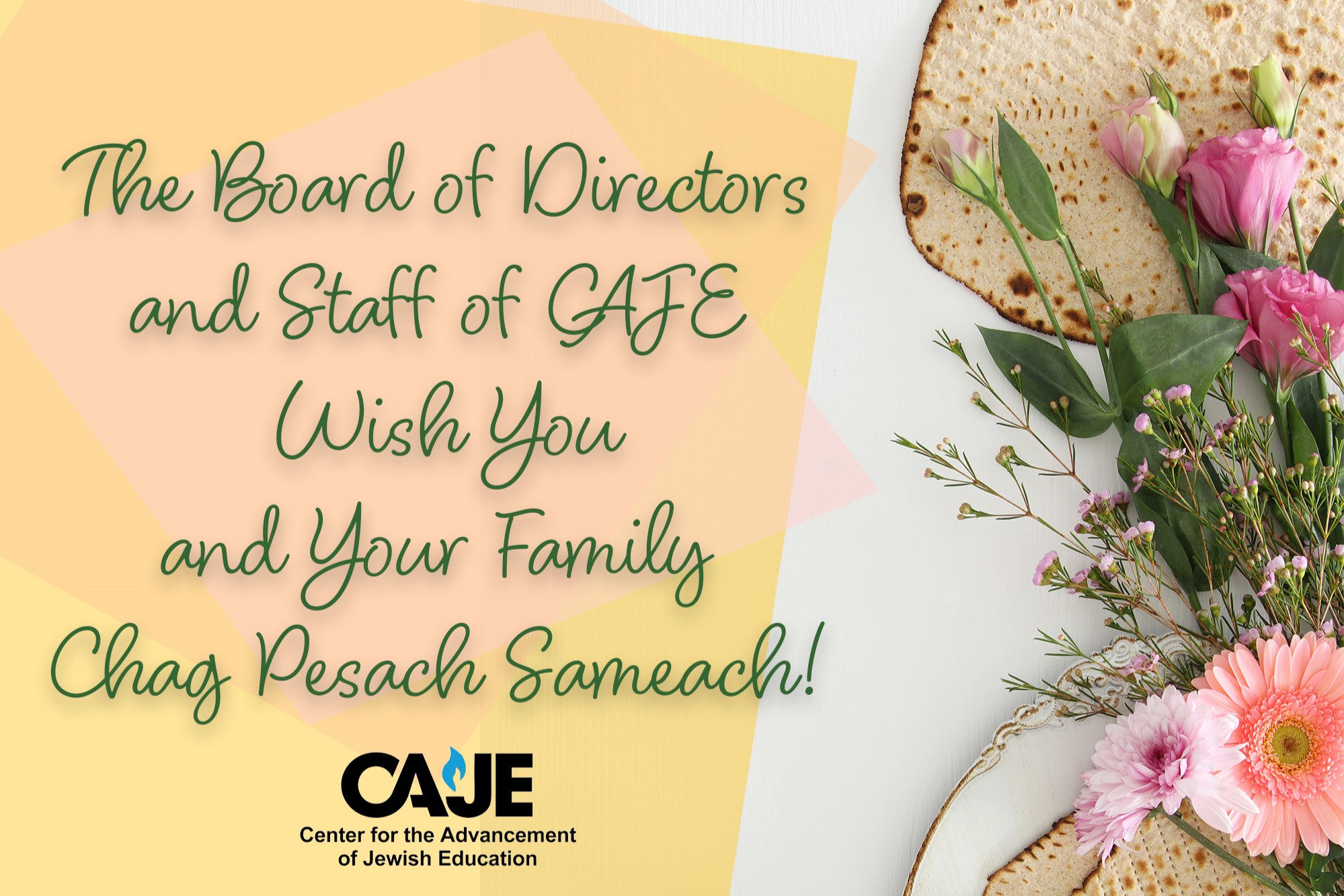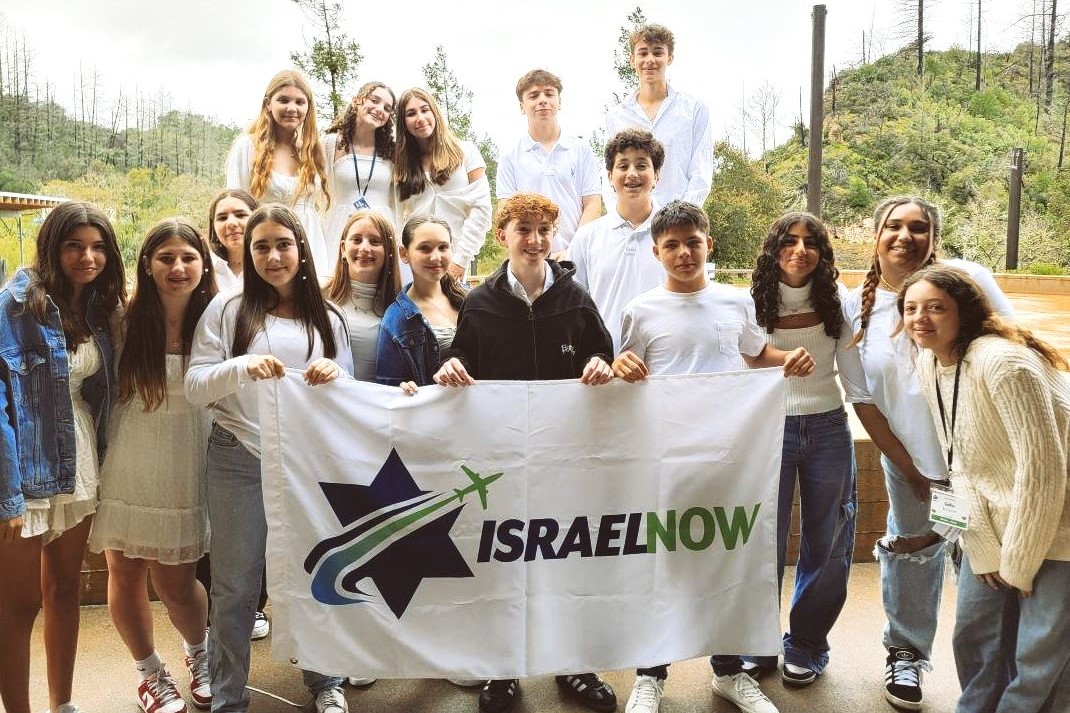Calling: A Gesture of Affection

This Dvar Torah on Parashat Vayikra was written by master educator Jane Shapiro, co-founder of Orot: Center for New Jewish Learning.

Photo by Seth Hoffman on Unsplash
As Exodus concludes, the dense Cloud of Glory sets itself down over the entrance of the Tent of Meeting, making it impossible for Moses to enter.
And then, seemingly from nowhere:
Leviticus 1: 1 The LORD called (Vayikra) to Moses and spoke to him from the Tent of Meeting, saying: 2 Speak to the Israelite people, and say to them: When any of you presents an offering of cattle to the LORD, he shall choose his offering from the herd or from the flock.
We read this as the launch of the instructional manual for the Kohanim (priests) and the Levi’im (levites), a cookbook of sacrifices.
But commentaries on these opening lines slow us down and ask us to think about this initial moment when God calls to Moses to come inside. VaYIKRA.
Usually the Torah notes that God is “VaYidaber” to Moses, i.e., speaks to Moses.
But at this moment, there is a calling. This phrase appears only one other time, in Exodus 24:16-18
16 The Presence of the LORD abode on Mount Sinai, and the cloud hid it for six days. On the seventh day, He called to Moses from the midst of the cloud. 17 Now the Presence of the LORD appeared in the sight of the Israelites as a consuming fire on the top of the mountain. 18 Moses went inside the cloud and ascended the mountain; and Moses remained on the mountain forty days and forty nights.
In both cases, God is asking for a certain type of etiquette before Moses can enter this most intimate space and begin the process of receiving the Torah he is to transmit.
[The medieval French commentator] Rashi notes: “Every speech, utterance and command is preceded by a call. And the term implies affection.”
A bit below he adds that only Moses can hear this call, that it cut off precisely at the entrance to the Tent so it could not be heard outside.
I think of this as an intimate and dear moment. Come close, God seems to say, that I might speak to you.
It is such a small but beautiful detail to open a book that will be all about acts of Keruv/Korbanot, sacrifices that are a relinquishing, but meant for the purpose of drawing closer to God.
So much of Leviticus and Bamidbar / Numbers after it is about approaching and drawing away.
Moments when you offer something (Korban), moments when your body undergoes natural changes and you must withdraw.
A sacred dance between Taharah, pure closeness, and Tumah, the state of extreme distance.
Slowly, steadily, step-by-step, we all get chances to try and feel that we are also called to be close and grateful.
I’ve had two Levitical moments of this nature….
After the second dose of the Covid-19 vaccine, what went through my mind was: ‘Now I understand why people in the Torah wanted to bring a shlamim offering, an ox of well-being and wholeness. That is the type of gratitude I felt for all of the effort and trouble that had gone into making that moment for me. Shlamim. Wholeness.
[The second moment] I enter into my childrens’ apartment for the first time in over a year. As I approached my eldest grandson, called his name and put my arms around him. After a time, his younger brother came into the room. He is only two, which means that I have had actual contact with him for only half of his life. We have seen each other outside behind masks or on a screen. But this time he walked over to me and out his hands on my cheeks and said: “Face!”
It reminded me of the Hasidic concept of Penimiut, an inner essence that shines on the face (Panim).
Moses too desired more than anything to see God Panim el Panim, face to face.
But now that we can be together once again, perhaps someday he will remember that moment as I will for the rest of my life, and we will be able to talk about it together.
Kavannah
As the world provides us small moments where we feel a going-out from difficult straits (Yetziat Mitzrayim), our own personal Exodus-liberation moments occur. What feelings are evoked for you? How might you want to express gratitude for these gifts?
Shabbat Shalom!




